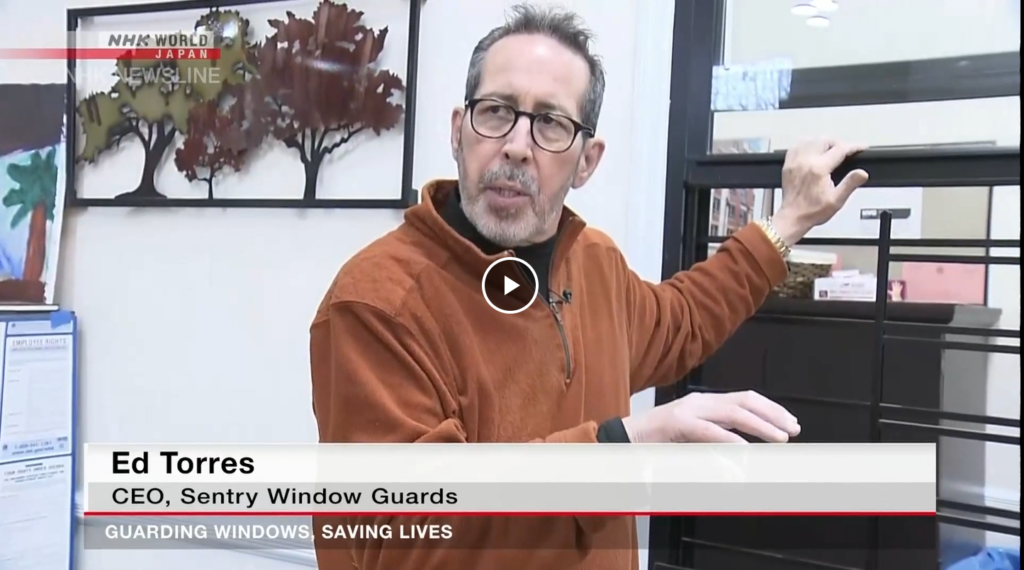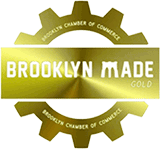New York City is known for its diverse architectural landscape, and there are many older homes scattered throughout the city that may have hidden safety concerns. Older homes add character and historical charm to different neighborhoods. Brooklyn is known for its historic neighborhoods with rows of brownstones and older homes. In areas of Queens and the Bronx, you can find older single-family homes, as well as multifamily houses, some of which were built in the early 20th century. The character, charm, and unique personalities of older homes is undeniable. If you live in an older home in New York City or are considering purchasing one, we have some safety concerns to keep on your radar.
Electrical and Plumbing
In many cases, the electrical and plumbing systems in older homes may need updating. Building codes and safety standards have evolved over time. Updating the electrical and plumbing systems in older homes can bring them in line with current code requirements, making the home safer and easier to insure. Older electrical and plumbing systems might also be less energy-efficient, resulting in higher utility bills. Upgrading to more efficient systems can lead to cost savings in the long run.
Foundation
It’s important not to overlook foundation or structural concerns in an older home, as they can significantly impact the structural integrity of the house and lead to costly repairs. Look for visible signs such as cracks in the walls, especially around windows and doors, uneven floors or floors that slope, doors and windows that stick or do not close properly, gaps between walls and the ceiling or floors and cracks in the exterior brickwork or foundation. A professional home inspector will have the expertise to identify potential foundation issues, while a structural engineer can give a more in-depth analysis if problems are found.
Window Guards
While strong doors are the first line of defense for your security, windows are the second. Windows should have sturdy, easy to use locks. Also, look for secure window guards. NYC building owners are required to provide and properly install approved window guards on all windows, including first floor bathrooms, windows leading onto a balcony or terrace in an apartment where a child 10 years of age or younger resides, and windows in each common area, on any floor. Additionally, if tenants or occupants want window guards for any reason, even if there are no resident children 10 years of age or younger, the tenant can request the window guards in writing.
Hazardous Materials
There are several hazardous materials that can be found in older homes, especially those constructed before the mid-1970s when building regulations were not as strict. These materials may pose health risks if they are disturbed, damaged, or deteriorating. Asbestos, lead-based paint, mold, radon, formaldehyde, and lead pipes can all lead to contamination in the home. It is important to be aware of the potential presence of these hazardous materials in older homes, particularly before undertaking any renovation or remodeling projects. It is always best to consult with professionals trained in the safe removal and remediation of these materials.
Sentry Window Guards can provide various types of childproof window locking mechanisms and safety devices for a home of any age. For more information regarding our window guard products and our experience and leadership in understanding NYC safety requirements, contact us today!









